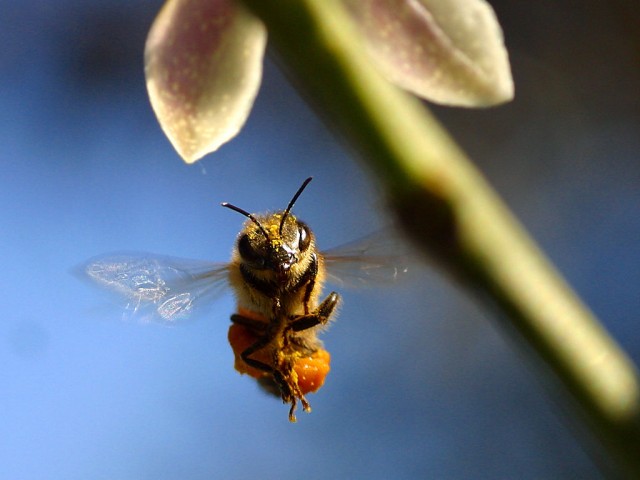Air pollution makes it harder for bees to smell flowers
Ars Technica » Scientific Method 2024-07-29

Scientists are uncovering various ways that air pollution can interfere with the ability of insects to pollinate plants. (credit: Utah.gov)
In the summers of 2018 and 2019, ecologist James Ryalls and his colleagues would go out to a field near Reading in southern England to stare at the insects buzzing around black mustard plants. Each time a bee, hoverfly, moth, butterfly, or other insect tried to get at the pollen or nectar in the small yellow flowers, they’d make a note.
It was part of an unusual experiment. Some patches of mustard plants were surrounded by pipes that released ozone and nitrogen oxides—polluting gases produced around power plants and conventional cars. Other plots had pipes releasing normal air.
The results startled the scientists. Plants smothered by pollutants were visited by up to 70 percent fewer insects overall, and their flowers received 90 percent fewer visits compared with those in unpolluted plots. The concentrations of pollutants were well below what US regulators consider safe. “We didn’t expect it to be quite as dramatic as that,” says study coauthor Robbie Girling, an entomologist at the University of Southern Queensland in Australia and a visiting professor at the University of Reading.